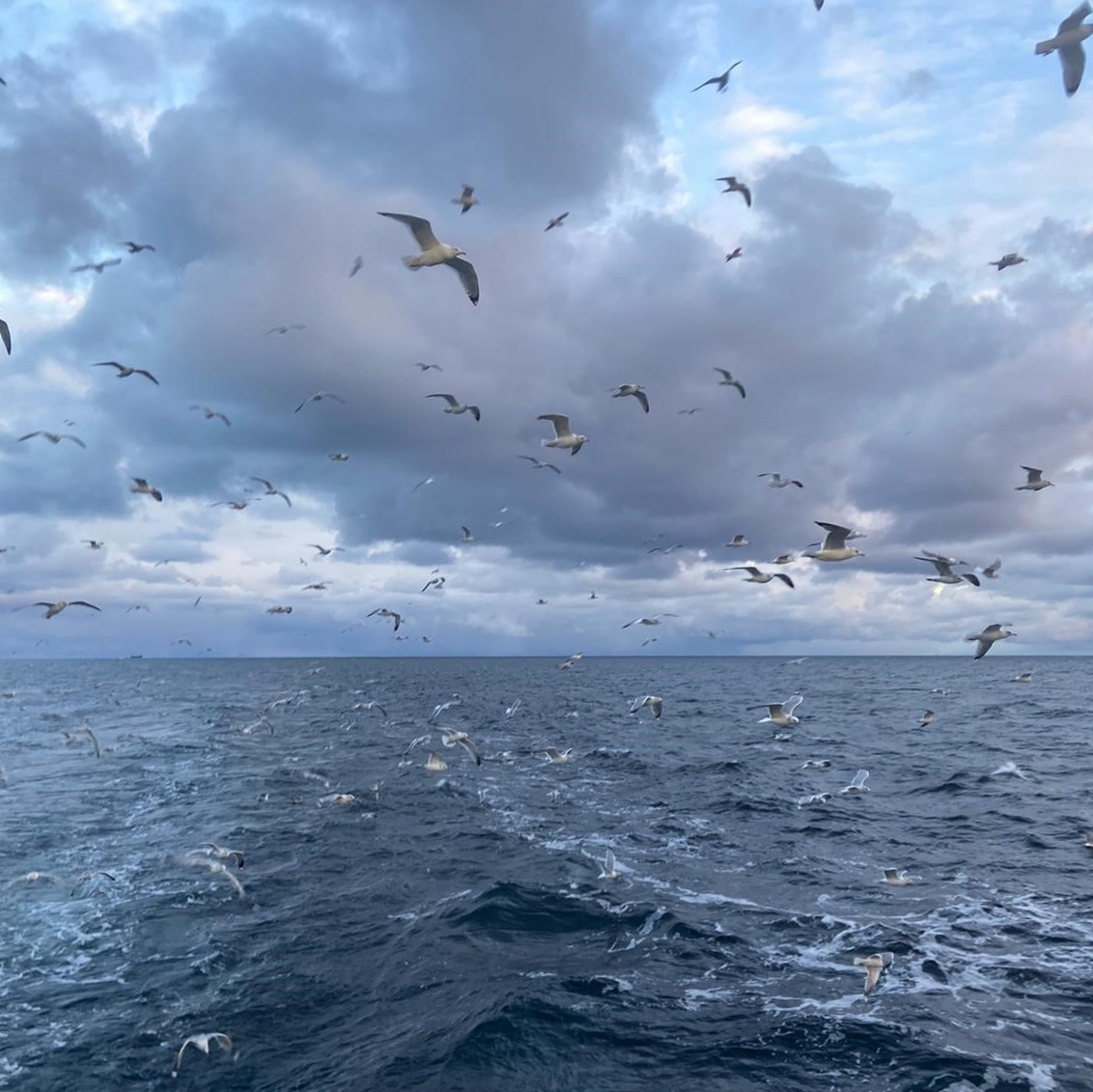EU ministers set quotas for Baltic herring that defy fisheries laws
PRESS RELEASE from: BalticWaters, Coalition Clean Baltic, ClientEarth, the Danish Society for Nature Conservation, Deutsche Umwelthilfe,The Fisheries Secretariat, Oceana, Seas At Risk, Swedish Society for Nature Conservation, and WWF Baltic Ecoregion Programme
Luxembourg, 24 October 2023: Today EU fisheries ministers have taken decisions concerning declining Baltic Sea herring stocks that will actively contribute to the further deterioration of the ecosystem and its fish stocks and that go against EU fisheries law. They chose to keep the targeted fishery for herring in the Gulf of Bothnia and the Central Baltic open at a level associated with an unlawfully high risk of ecosystem collapse, irresponsibly jeopardising the already stressed ecosystem.
The European Commission had proposed, before the meeting, closing the targeted fishery for this species, in line with the Baltic Multiannual Plan that governs fisheries in the Baltic Sea and as agreed by all EU Member States and the European Parliament back in 2016. With many Baltic Sea populations on a downward trend and an ever-increasing risk of ecosystem collapse, the outcome of these negotiations is a missed opportunity to set this sea on a path to recovery and sustainable fisheries in the long term.
One of the main drivers of the drastic decline of Baltic herring is the unsustainable fishery for herring and sprat that are used in fishmeal and fish oil. These small fish provide a vital food source for larger fish like cod, marine mammals, and seabirds, so it is crucial that enough of these so-called forage fish remain available for Baltic wildlife. This is why it is disappointing that the catch limits for sprat were also set higher than levels that would safeguard overall ecosystem health, functioning and resilience. With regards to Western Baltic herring, the continued closure for targeted fishing is important, but ministers need to take additional measures to ensure minimal bycatch of this stock in the North Sea herring fishery.
Outcomes for other fish stocks
NGOs welcome that fisheries ministers upheld the Commission’s proposal to prohibit targeted fishing of Eastern and Western Baltic cod, and finally agreed to close the recreational catch of Western Baltic cod, which, according to scientists, represented 68% of the total fishing mortality of the stock. At the same time, NGOs regret that the bycatch quota set for Western Baltic cod is higher than the maximum fishing mortality advised by scientists. It is imperative that fishing mortality, even caused by bycatch, remains extremely low in order to recover this vulnerable stock, which is considered to be collapsed.
Concerning salmon catches, the Council accepted the Commission’s proposal to close the Bothnian Sea area north of the Åland islands, but demanded that extra scientific advice be provided to see if fishing could be kept open there, with further protective measures in place.
The ministers’ decision to roll over last year’s quota of plaice is a small step in the right direction, since a higher plaice quota would risk higher bycatches of both Baltic cod stocks. However, an even lower fishing limit would have benefitted the recovery of the vulnerable cod stocks.
Contacts:
Cathrine Pedersen Schirmer, Chief adviser, Danmarks Naturfredningsforening/ Danish Society for Natur Conservation, Cathrine@dn.dk, +45 311 932 26
Emily Fairless, Oceana Communication officer, +32 478 038 490, efairless@oceana.org
Hannah Griffiths Berggren, Communications officer, WWF Baltic Ecoregion Programme, +46 (0)8 515 114 83, hannah.griffiths.berggren@wwf.se
Petra Holgersson, Press Officer, Naturskyddsföreningen / Swedish Society for Nature Conservation, +46 (0) 725 65 44 05, petra.holgersson@naturskyddsforeningen.se
Deutsche Umwelthilfe Newsroom, +49 30 2400867-20, presse@duh.de
Konrad Stralka, Executive Director, BalticWaters +46 70 750 23 31, konrad.stralka@balticwaters.org
Nils Höglund, Coalition Clean Baltic +46 707 679 249, nils@ccb.se
Sara Tironi, Seas At Risk Communication officer, +32 483 457 483, stironi@seas-at-risk.org
Sara Söderström, Policy Officer, FishSec, +46 (0)70 440 41 86 sara.soderstrom@fishsec.org
Bianca Vergnaud, EU Communications Manager, ClientEarth, +32 (0) 471 88 70 95, bvergnaud@clientearth.org

